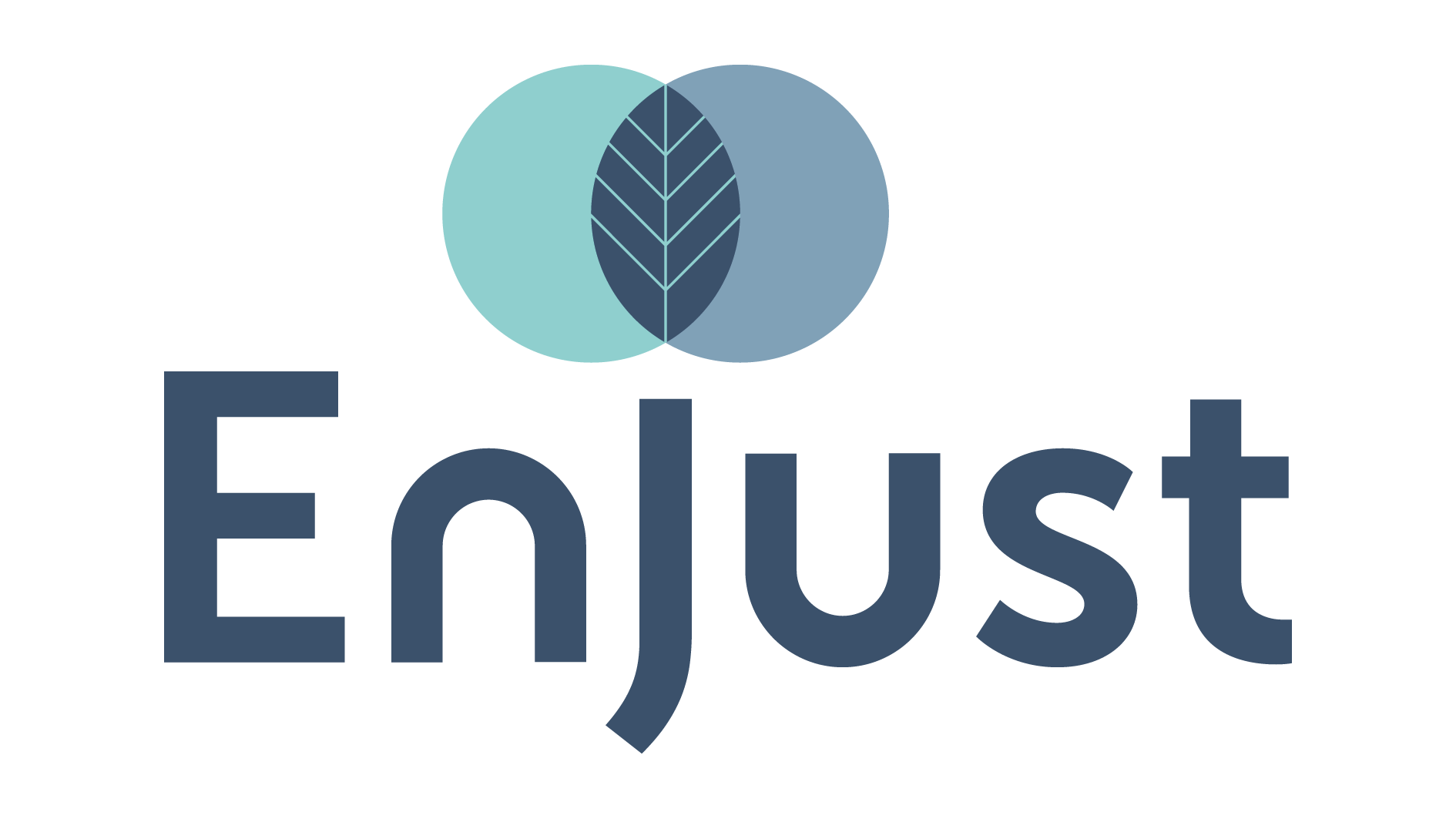Introduction
The academic debate on environmental justice initially focused on the distribution of environmental bads (e.g. toxic waste, air pollution), and expanded towards the distribution of environmental goods (e.g. green urban space) and to questions of unequal access to land and natural resources. Today, most research on environmental justice and injustice goes beyond investigating aspects of distributional justice. Scholars focus on procedural justice, recognition, access to information and knowledge production, and participation opportunities in decision-making processes related to environmental risks. Moreover, increasing attention is given to the politics of scale of environmental justice. Especially the growing scholarship on climate justice focuses on the scalar politics of climate governance, power asymmetries, North-South relations and inherently place-based impacts of global warming. This bibliography is divided into four sections:
1) Environmental justice: concepts and theory,
2) Case studies on environmental justice,
3) Climate justice: concepts and theory,
4) Case studies on climate justice.
The bibliography will be continuously updated. If you notice that important sources are missing, please contact us: enjust[at]geographie.uni-kiel.de.
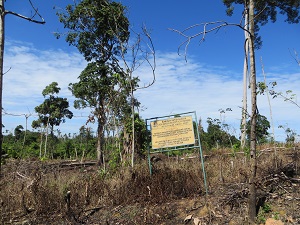
Environmental justice: concepts and theory
This section includes a number of conceptual and theoretical contributions advancing the academic discussions on environmental justice. This includes, among others, work on environmental racism, postcolonial approaches and recent contributions on multispecies environmental justice.
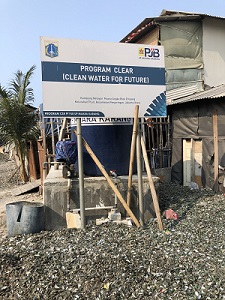
Case studies on environmental justice
This section provides a list of case studies focusing on distributional justice (e.g. spatial distribution of toxic waste), the emergence of the environmental justice movement and the politics of scale of environmental justice.
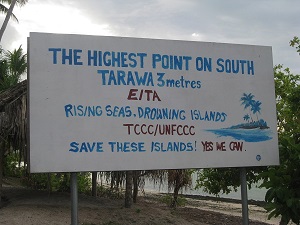
Climate justice: concepts and theory
This section includes, among others, articles and books looking into fairness, equity and procedural aspects of climate governance.
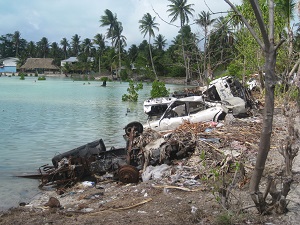
Case studies on climate justice
This section provides a list of case studies on climate justice including, among others, contributions on adaptation to climate change, gender inequality and climate change and migration.
Claudia Horn: Climate aid with side effects
Cooperation and conflict in the name of Amazon protection. Global climate finance in Brazil: Between climate protection and greenwashing
ISBN: 978-3-98726-184-8 Softcover, 208 pages Publication date: October 2, 2025
Climate finance is considered a key instrument for a just ecological transformation. But what if the billions in aid for the Global South create new inequalities and perpetuate colonial exploitation of nature under the guise of a green economy?
Using Brazil as an example, Claudia Horn shows how international government funding for Amazon conservation – from sources such as Germany, Norway, and the UK – supports important environmental measures. At the same time, however, it contributes to normalizing the socio-ecological risks of commodity trade and agriculture and to promoting traditional To question usage rights. Controversial projects that prioritize the financial value of nature influence local territorial conflicts – with far-reaching social consequences.
An insightful look at the political and economic mechanisms and contradictions of climate finance and the key question of under what conditions it can truly lead to greater climate justice.
Young Climate Authors
The Young Climate Authors (YCA) is a book-authoring program where students author & digitally publish storybooks on climate change & climate justice. Outcomes from the program are in line with UN SDG 4 (Quality Education), SDG 13 (Climate Action) and SDG 17 (Partnerships for Goals).
The YCA uses a framework based on Project-Based-Learning, critical pedagogy, transdisciplinary learning, arts based expression and storytelling. Place-based pedagogy enables educators to contextualize the YCA to local realities making learning meaningful and relatable. The constructivist, transdisciplinary design gives students the voice and choice to construct their knowledge and meaning-making about climate change. The critical lens builds understanding of climate justice. Storytelling and art shapes the understanding into storybooks. The YCA integrates cognitive, affective & behavioral domains of learning through multimodal learning experiences focusing on
- Climate Justice Learning : The YCA helps students understand how climate change is rooted in the inequality and dispossession perpetuated by the tri-phenomena of industrialization, colonization and capitalism and shaped by existing unequal societal structures. Students use this lens & their interactions with the local community to understand how climate change differentially impacts people based on their positionality.
- Managing Climate emotion: The YCA intentionally addresses climate emotion through pedagogical techniques like discussions, reflections and meeting with climate activists & stewardship activities to help students identify and manage emotions they experience when learning about climate change.
- Drive for Climate action: Storytelling has historically been a key part of social change movements as storytelling touches hearts, builds bridges and spurs action. The YCA provides the pathway for students to use digital storytelling as a powerful climate action.
- Glocal Perspectives about climate change:
- Local: The YCA contextualizes the learning about climate change to local realities by understanding the impact of climate change and the response/ resilience measures locally through field trips, interactions with local activists and ethnographic research. This helps students imagine solutions which are rooted in their communities. The stories are also a form of documentation about place-based climate change experiences in the global south.
- Global: The storybooks create shared understanding about the commonality and diversity of experiences of climate change with a global audience.
The YCA is implemented by EE organizations in non-formal educational settings, hence cuts the Gordian Knot of challenges of CCE in formal schooling. Educators from these organizations undergo a 12 week training on the YCA. They are then mentored in customizing the YCA to their local realities. Finally, implementation support in the form of consulting and hand-holding is provided.
Technology forms a core part of the learning experiences and delivery. Participants use technology to research climate change through online climate learning resources including text, visuals and audio, to communicate with peers via Email/ Whatsapp, create their storybooks using phones, Canva and illustration apps, amplify their work through social media using Instagram, LinkedIn, Facebook etc. The educators use learning management systems like Google Classroom or Canvas for organizing the learning modules. All these facets help build the much needed digital literacy skills for children in the global south.
Links to books
Note on the bibliographies
With the bibliographies we make no claim to completeness nor to being up-to-date.
